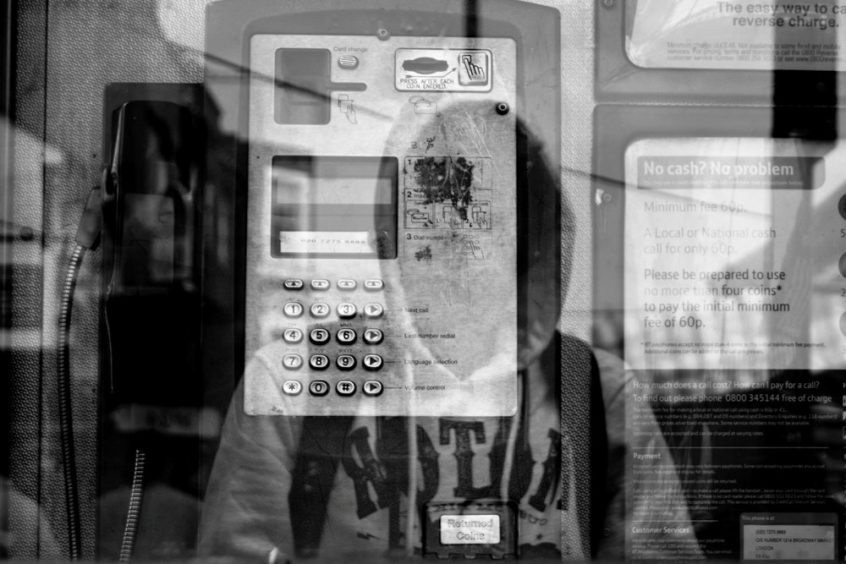Earlier this year, the Federal Trade Commission (FTC) released a study that indicates that millennials are more likely to fall for online scams than senior citizens.
This came as a surprise to me (and probably many others) because we tend to think of millennials as fairly tech-savvy. Why would we fall for online scams?
The truth is that anyone can be taken in at any time. You always have to be on your toes.
Here’s what you need to know about protecting yourself from online scams:
Be Careful of the Information You Share
Growing up online gives us a different sense of what privacy means and what it entails. As a result, many millennials are comfortable sharing their lives online. But that could be your undoing.
Fraudsters can mine your social media profiles, and other online presences to get information that matches such common items as your mother’s maiden name, your school’s mascot, and the name of your favorite pet.
And you might even unwittingly be giving this information up. Some scam artists send around these types of questions as part of fun “quizzes.” They can just line up the info and use it to get into accounts or even open fraudulent accounts.
If you can make up your own security questions, or use passwords and other login information that has nothing to do with your life, you’ll be much better off.
And don’t necessarily feel like you have to take those quizzes and play those fun “games.” They could just be a cover for something more sinister.
Ask Yourself WHY Someone Would Give You Money
Practically none of us would fall for the “Nigerian prince” scam, right? And you know the UK lottery isn’t just going to contact you and give you millions out of the blue.
Newer scams are a little more sophisticated. Instead, some fraudsters are actually posing as real people. They’ll look for the name or picture of some minor Department of Treasury official or an astronaut. You do a little digging, and you see that the person is “real.”
So you think, why not?
Some millennials have actually been taken in for these scams because they feel as though they’ve done their due diligence and found that situation is legit.
However, this isn’t the case.
Take a step back and ask yourself why some government official you don’t know would offer you a bunch of money.
If it’s someone claiming to be with the IRS or working with the Treasury or Department of Justice in some capacity, be extra alert. The IRS sends its communications through snail mail.
Also, realize that the government doesn’t just hand out grants willy-nilly. You have to apply for those. If someone contacts you out of nowhere claiming you qualify for something, be very suspicious. And don’t count on a web search to clear it up.
Scrutinize Your Invoices
Don’t forget to look carefully at your invoices. I recently received an invoice, supposedly sent through PayPal, for $500. I couldn’t figure out who would be invoicing me. However, I do have several different contractors I work with.
I looked at the invoice more carefully, trying to figure out who could have sent the invoice. Then I realized that the email address wasn’t actually from PayPal. It was a phony invoice sent from a different, look-alike email address.
This can be done with services that many of you use. My son and I are on a family Apple account. If I received a bill from Apple, I’d be tempted to assume my son had made a few in-game purchases (although, since he’s supposed to let me know first, and give me cash, it’s doubtful this would happen).
Review email addresses and avoid clicking on links in emails that take you straight to login pages. It’s one way you end up in trouble since you could be taken to a fake form where fraudsters take down the personal information you enter.
Instead, open a new browser window and go to the website directly. Check to see if a new invoice or bill has been issued. You can get that information and save yourself a world of trouble.
In the end, we’re all susceptible to online scams. Whether it’s being taken in by a fake charity or sharing our information a little too freely, there’s a chance you could be vulnerable.
If you’re vigilant, though, you can reduce the chance that you’ll avoid online scams and keep your own hard-earned cash.

